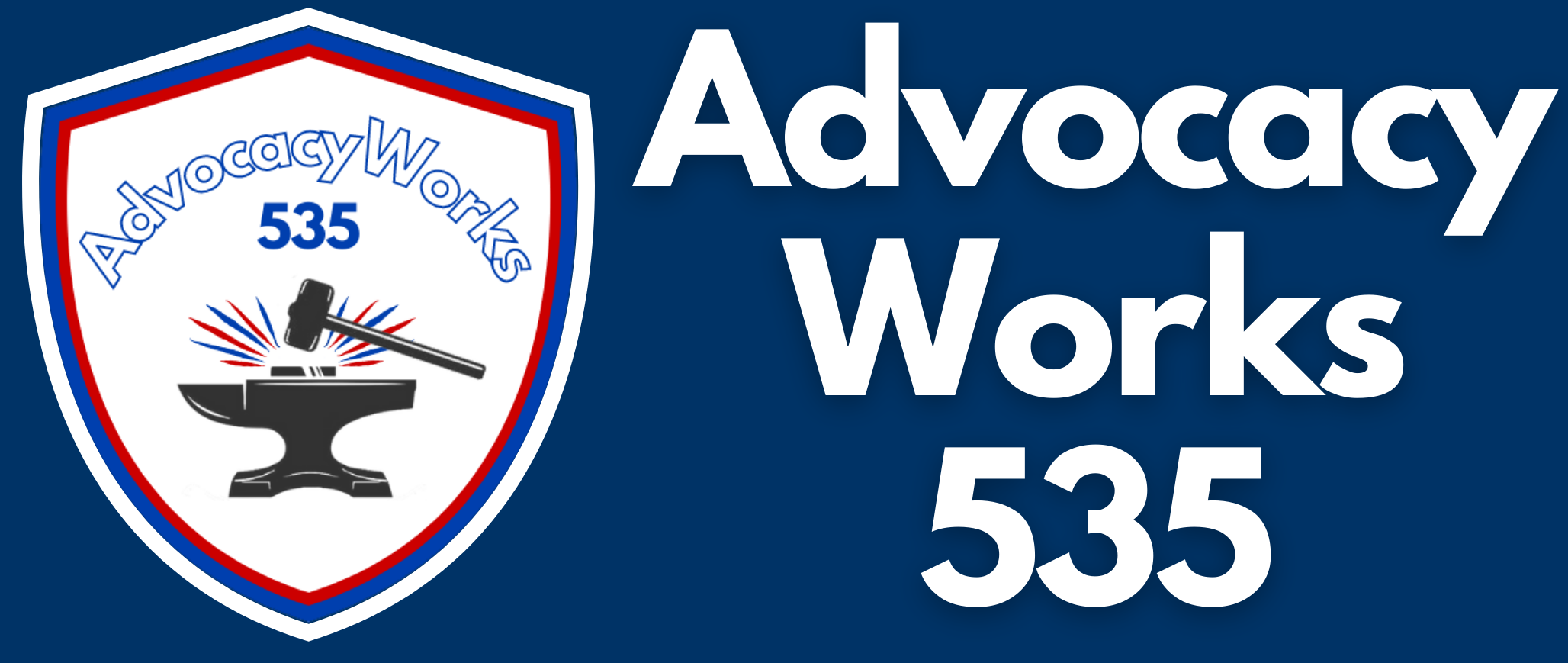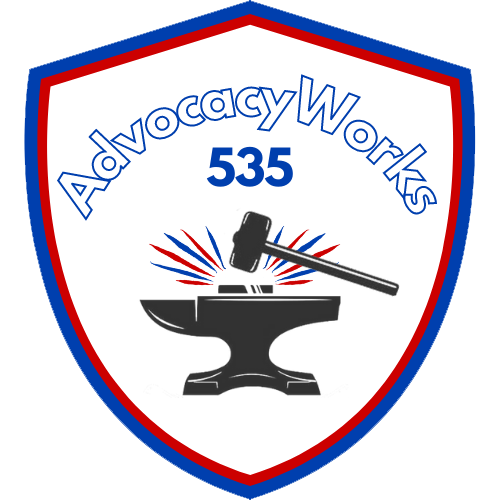Show me a film about elected officials and lobbyists, and I’ll show you a story about corruptible politicians and seedy lobbyists leading them down the road to perdition. To be fair, when it comes to storytelling, a compelling narrative trumps getting all the details correct. As I like to say, “Never let the truth get in the way of a good story.” Nonetheless, when it comes to accurately depicting advocacy, Hollywood usually gets five out of five Pinocchios.
Then I watched Worth (available on Netflix).
Don’t feel bad if you haven’t seen it. Admittedly, it was on my watch list for more than a year before I finally exhausted all other content that didn’t cover the very unpleasant and disturbing topic of determining the value for each of the lives lost to the terrorist attacks on September 11, 2001.
The true-to-life story depicts renowned attorney, Kenneth Feinberg (played by Michael Keaton), appointed “special master” to implement the September 11th Victim Compensation Fund. Feinberg dives into the challenge with a logic-based, letter-of-the-law approach that uses a rational formula to calculate the financial worth of each life lost on September.
There will be no math in THIS blog. But bottom line, the families who lost Presidents and CEOs in corner offices of the World Trade Center stood to get six-figure payouts, while the families of the first responders who rushed into the inferno to save them stood to get much less.
When Fienberg unveils the formula and the process for applying for compensation, he’s caught flatfooted by the audience’s outrage. Then Charles Wolf (played by Stanley Tucci) stands as the voice of reason. Although he lost his beloved wife in the North Tower of the World Trade Center, he implores the mob to be civil and allow Fienberg to complete his remarks without interruption. Fienberg then approaches Wolf after the event to thank him for calming the audience. Wolf replies, “I think you’ll find that I will be your harshest critic,” before handing Fienberg his markup of the Compensation Fund’s announcement in the Federal Register and talking points criticizing the Fund’s formula.
What follows is a compelling story (and a refreshingly uncharacteristic Hollywood illustration) of citizens engaging and building influential relationships with policymakers.
With a deadline looming (December 22, 2003), Feinberg struggles to persuade enough eligible families to participate in the Fund. While he is sympathetic that the formula fails to account for messy real-life circumstances, he resists going down the slippery slope of making individual exceptions; he denies that the law gives him the authority to be more flexible; and he insists that he doesn’t have the time and resources to change course.
In the meantime, thousands of people sign up for notices about updates posted on Wolf’s website, fixthefund.org. They make phone calls. They send letters and emails. They meet face to face with Feinberg and his staff. Wolf’s advocacy network grows. When the Feinberg’s staff discovers it, they immediately recognize that he is uniquely positioned to convince his readers to submit their applications before the looming deadline.
(Note for Professional Advocates: Check the site out. It’s very basic. It simply provides facts, explains why it’s important for victims to apply and how. It shows that don’t need a polished website complete with a third-party-vendor’s legislative action center platform to earn trust and recruit advocates.)
In the process, Feinberg develops relationships with stakeholders, including the brother and wife of a firefighter who died in the Twin Towers. They tell him personal stories about the victim – He was a father, a husband, a brother, a son. But the firefighter kept a secret. He had a mistress and two more children too. And since the firefighter’s paternity hadn’t been established, the Fund could not help his daughters.
Feinberg’s staff gets to know the domestic partner of a person killed in the Pentagon. He explains how, despite the victim’s conservative parents’ refusal to acknowledge their relationship, they loved each other and shared a life together. Since the parents and state law did not acknowledge the true nature of the Pentagon victim’s relationship, the Fund could not help his partner (and thousands of others like him).
These are just two of the 2,996 stories about the people who died on September 11, 2001. But their stories, and the effort made to tell them, makes a difference. They influence Fienberg, causing him to question his role, his authority and his logic-based approach. What’s more, despite the overwhelming challenges and the political pressures, he gains the will to do something about it.
Of course, Worth isn’t a documentary. It’s a Hollywood film, so “all characters and events in it – even those based on real people – are entirely fictional.” And the topic is dark and complicated. If tonight’s mood calls for watching something like Anchorman: The Legend of Ron Burgundy (“Stay Classy San Diego”), keep Worth on your short list of things to watch when you are in a more appropriate head space.
Nonetheless, at a time when trust in government is at historic lows and civil discourse seems to be dominated by anonymous trolls posting derogatory comments on websites, Worth is a refreshing illustration of common people engaging in civil discourse to exercise their Constitutional right to petition government for redress of grievances.
It’s “worth” watching and should be required content for anyone who practices, teaches or studies civic engagement.


